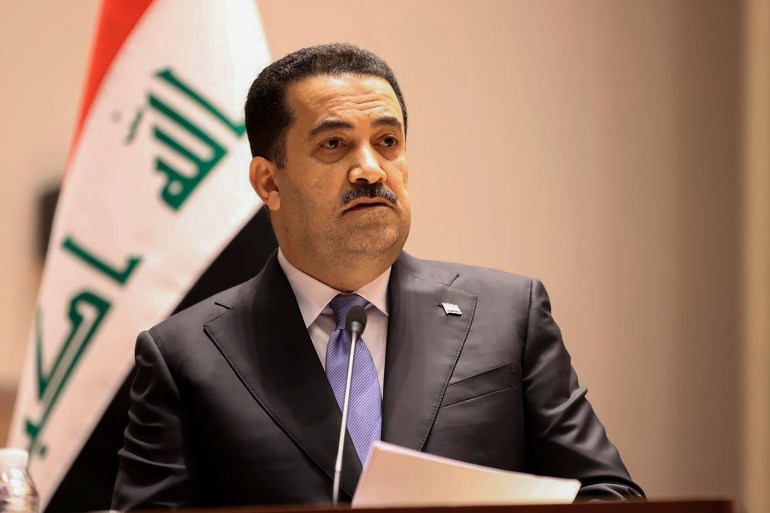Iraqi Parliament Approves New Government

The Facts
On Thursday, Iraq’s parliament approved a new government after a year-long political deadlock, headed by newly-appointed PM Mohammed Shia al-Sudani, who previously served as Iraq’s human rights minister, and minister of labor and social affairs.
This comes a year after an election that saw the influential Shiite Muslim cleric Moqtada al-Sadr win but fail to rally enough support to form a government. In August, the cleric ordered the resignation of his 73 lawmakers and announced plans to leave politics, triggering violent protests.
The Spin
Pro-establishment narrative
The formation of a new government brings a much-needed end to the year-long political deadlock that has left Iraq without a 2022 budget, held up spending on critical infrastructure, and impeded economic reform. While there's still a long way to go, the new government has put forward a promising program to help the country get back on track.
Establishment-critical narrative
This new government might resolve Iraq's political deadlock, but it isn't the solution needed to move away from Iraq's defunct political system, which faces challenges far beyond what the new prime minister has outlined. While the new cabinet's success remains to be seen, going in with one eye shut — as al-Sudani is doing — is an approach doomed to fail, with an inevitable Sadrist uprising on the horizon.

